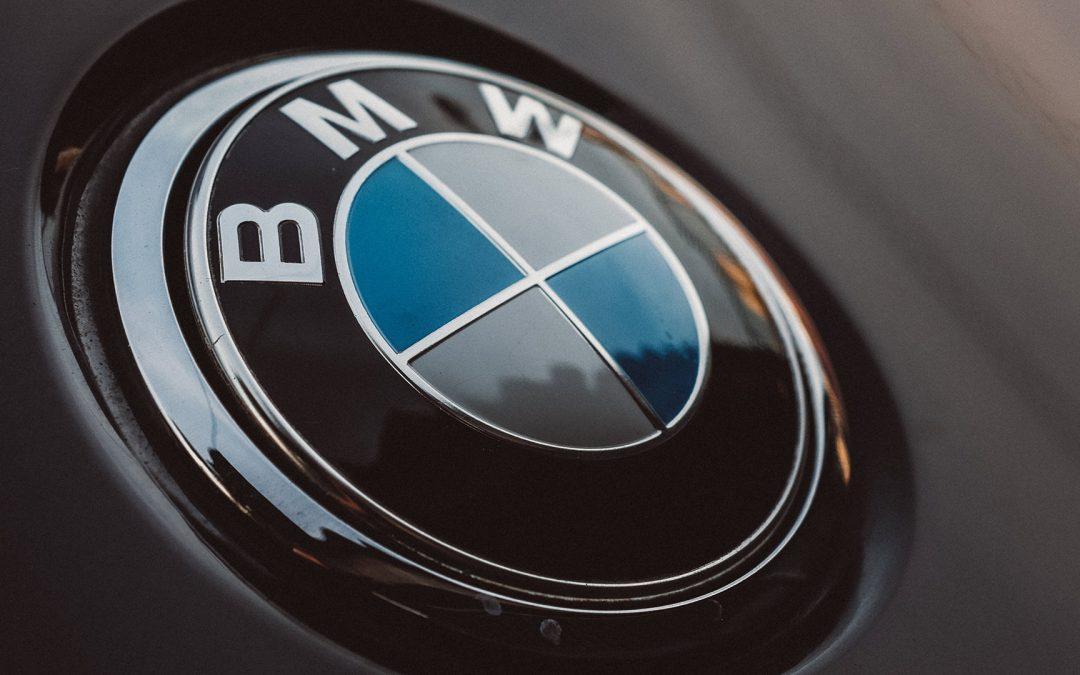
T-Mobile teams up with BMW for the first 5G-connected cars in the US
T-Mobile and BMW are partnering to debut the first 5G-connected cars available in the United States: as of today, the new 2022 BMW iX and i4 models now work with the company’s 5G network, essentially allowing owners to use their cars as a gigantic Wi-Fi hotspot.

Adding a BMW to your T-Mobile plan will tack on $20 a month and will allow your car to get unlimited data and voice calls — even if you don’t happen to have a phone with you. (SMS, however, is not included.) In addition to unlimited data in the US, subscribers also will get 200MB of roaming data, should you be driving somewhere where T-Mobile’s network doesn’t reach, along with 5GB of 4G data per month in Canada and Mexico (once that 5GB allotment is used up, you’ll still get unlimited data at T-Mobile’s standard international speed of up to 128kbps.)
The new BMW models feature an eSIM — similar to an LTE-connected smartwatch — meaning that you won’t have to muck around with a tiny SIM card to get your car connected. It also means that you’ll be able to bring your service with you to other vehicles if you’re logged into your BMW account: so if you rent a 5G-compatible BMW when you’re on vacation, you’ll still be able to get to connect to T-Mobile’s internet.
According to T-Mobile, you’ll be able to connect up to 10 devices at a time to your car at a time. And while $20 a month to use your car as a hotspot isn’t exactly cheap, it’s in some ways cheaper than actually getting a dedicated 5G hotspot from T-Mobile. For a standalone 5G hotspot, T-Mobile charges $336 for the upfront cost of the device, plus $50 per month for 100GB of data — compared to a BMW, which offers unlimited 5G data for just $20 a month. On the other hand, you’re paying a whole lot more for the hardware, given that a BMW iX with 5G starts at $87,025, while an i4 starts at $55,700 (thanks to the $300 add on for 5G support).
T-Mobile and BMW are by no means the only carriers and car companies looking to bring together 5G and cars, either: Audi is teaming up with Verizon to add support in 2024, as are GM and AT&T. Which means that we’ll almost certainly be seeing a whole lot more 5G vehicle announcements in the coming months, too.
}})